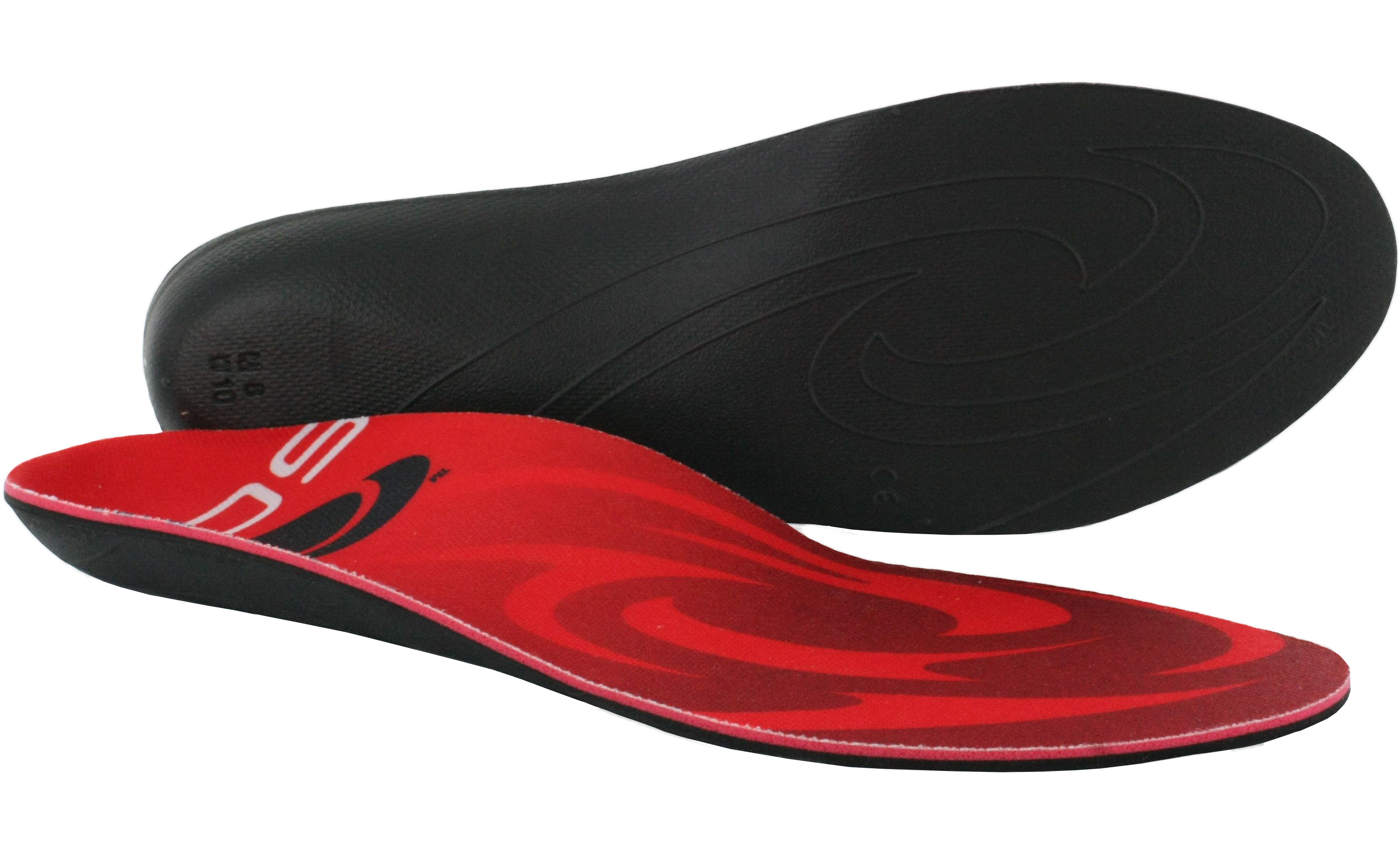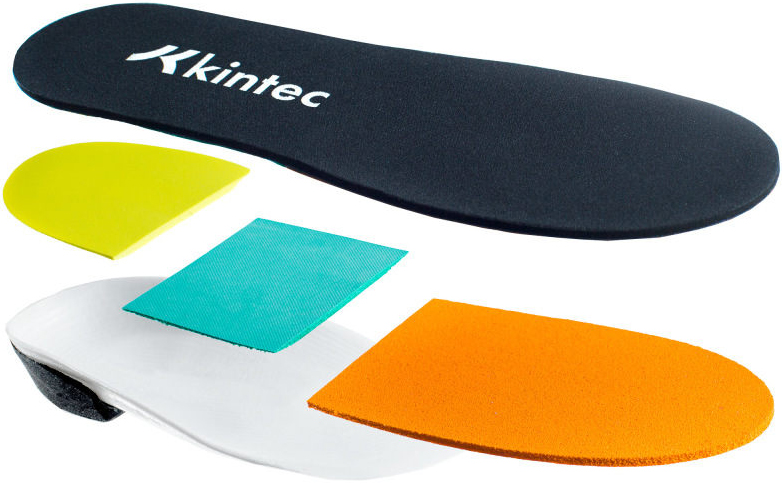Custom Orthotics vs OTC (Over-the-Counter) Insoles
What are the main differences between custom orthotics and over-the-counter insoles?
Which ones are best for me?
If these questions sound familiar, read on.

Over-the-Counter (OTC) Insoles
There are a variety of OTC insoles sold commercially at pharmacies, retail stores, and sports equipment and running stores. These are mass produced and can come in differing levels of support.
Pros of Over-The-Counter Insoles
- Affordable
- Easily accessible
- Helps with mild foot conditions
- A good option for growing children
Cons of Over-The-Counter Insoles
- Generic – do not fit all foot types
- Not enough support for serious conditions
- A lifespan of 6 months – 1 year
As OTC insoles come with varying arches and support levels, you want the most suitable insoles for your foot and the type of shoes you wear. Small modifications can also be done to OTC insoles if necessary, such as adding in a metatarsal pad for forefoot pain.
However, this does not improve the strength of the insole nor replace custom orthotics.

Custom Orthotics
While you’re looking to get custom orthotics, you usually need an appointment with a foot care specialist, such as a Canadian Certified Pedorthist. Typically, a Pedorthist will do a biomechanical assessment and gait analysis test.
Next, they will take a 3D cast of the foot so they can manufacture the custom orthotics. They are made from raw materials, and turnaround time can take at least a week to two depending on the establishment.
Pros of Custom Orthotics
- Customized support for the patient’s feet
- Longer lifespan, from 2 – 5 years
- More adjustable which allows fine tuning
- Stronger materials to achieve more support
Cons of Custom Orthotics
- These take longer to make
- More expensive
Over time, your custom orthotics will experience some general wear and tear. Often, you can replace top covers for a fee if the shell is still supportive and appropriate to wear. Top cover durability depends on the actual materials, and also on the activity you wear your orthotics for.
Most extended health benefit programs cover for custom orthotics, not OTC insoles. It is always best to give your insurance a call to get more details on your coverage if you are looking to submit a claim. You may also require a doctor’s prescription to submit a claim.
Mei Poon
Kintec Pedorthist


No Comments